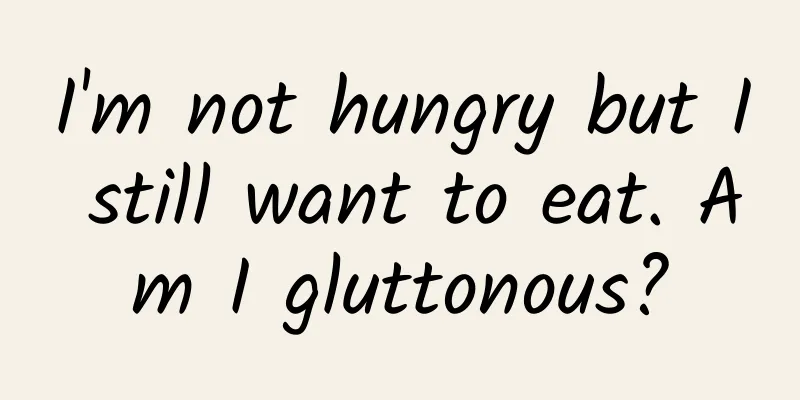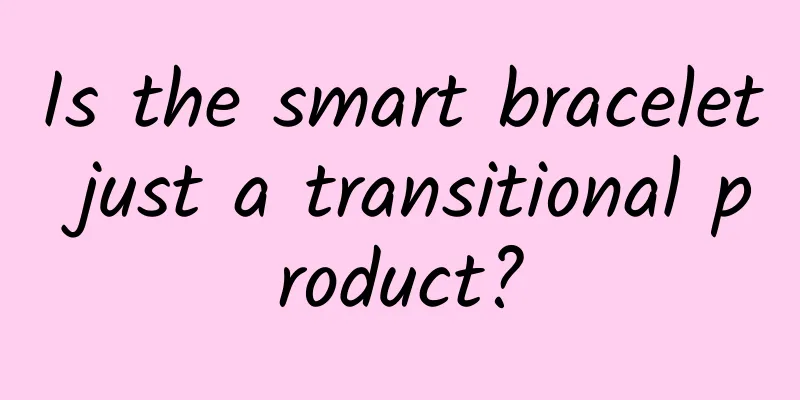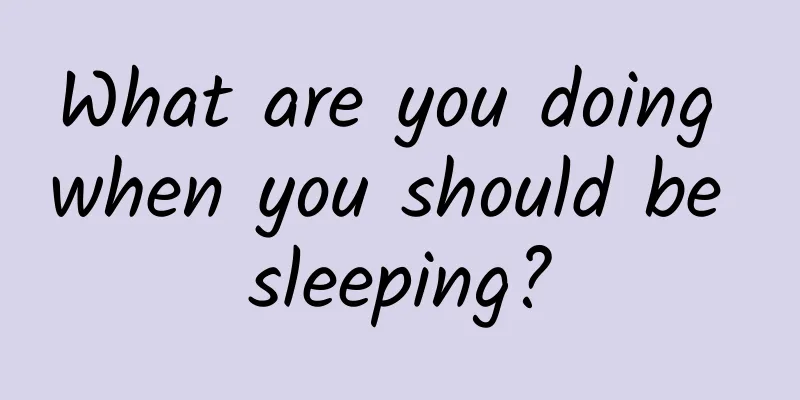I'm not hungry but I still want to eat. Am I gluttonous?

|
There are many such scenes in life: it is time to go to bed, but you always feel that you need to eat something to make the night complete; or you have just filled your stomach, but your mouth still feels lonely when you encounter other foods; or you have already had a full stomach, but you still tear open the snack bag . All of the above belong to the phenomenon of "hungry mouth but not hungry stomach". Some people think that this is purely because of gluttony, but they don't know that many times, there are many factors controlling your appetite. Source: unsplash Both physiology and psychology affect your appetite. When people say "I'm hungry", they are often not just physically hungry. "Hunger" can be divided into two types: steady-state hunger and hedonic hunger . When you feel hungry and feel dizzy, you want to eat something, which is called "steady-state hunger". It is the need for people to eat when they are hungry, and it is the body's simple need for energy and food. As for "hedonic hunger", it generally refers to the "pseudo-hunger" that occurs when there is no need to eat, but due to the desire for food and taste stimulation, it actually reflects the body's desire for happiness and satisfaction. Delicious food has infinite appeal to people, and people need to enjoy themselves by eating delicious food. The reason why steady-state hunger and hedonic hunger appear is precisely the result of the influence of people's physiological and psychological factors. In the process of evolution, organisms need to take in enough food to ensure the normal functioning of their body functions. Eating when hungry is a very instinctive behavior, which is controlled by the limbic system and hypothalamus of the brain. In the human hypothalamus, there are feeding centers and satiety centers, and there is mutual inhibition between the two. In addition, the amygdala and septum of the limbic system can play a role in regulating feeding behavior. Sometimes we eat more of our favorite foods or go on a diet, and these eating behaviors are largely influenced by the cerebral cortex . At the same time, a variety of neurotransmitters in the brain also affect eating behaviors, but their functions are different. Some will promote eating and make you want to eat more unconsciously, such as norepinephrine and dopamine, while leptin and cholecystokinin will inhibit eating behavior. In addition to physiological factors, psychological factors also affect human appetite. For example, in life, we may have a special preference for a certain kind of food, which may be due to the cherishment of good times and the commemoration of certain things. To put it another way, our preference for sweets such as cakes is often due to fond childhood memories. For example, when we were young, our parents gave us a piece of cake as a reward for good behavior. This expectation for cake may continue into adulthood. Conversely, some foods that appear in "nightmares" can also reduce our appetite. Why do I always want to eat even though I’m not hungry? ****After knowing the factors that control appetite, we can clearly answer the question "Why do you want to eat when you are not hungry?" Behind the mouth addiction is that people want to achieve spiritual and emotional "fullness" by taking in food . At this time, eating behavior is actually a way for people to seek comfort, relieve stress, and reward themselves. Dopamine pathway Source: Baidu Encyclopedia We all know that dopamine in the brain can be said to be a "happiness factor" that affects people's emotions and feelings. If the dopamine concentration in the human body is too low, it may cause depression, obesity, fatigue syndrome, and even attention deficit hyperactivity disorder. If the dopamine concentration increases, it will make people feel happy. Source | "Food Intake Recruits Orosensory and Post-Ingestive Dopaminergic Circuits to Affect Eating Desire in Humans" As a neurotransmitter, the secretion of dopamine is related to eating, sleeping, etc. If you want to increase the secretion of dopamine, the most direct way is to consume high-sugar, high-calorie foods . In this way, the brain's reward system is activated . This is why when people are emotionally distressed, they put "eating a good meal" first. However, since the behavior that activates the reward system is likely to be repeated, it can induce emotional eating, which can easily increase the demand and tolerance for high-sugar foods, forming a vicious cycle. Therefore, when you are in a situation of "wanting to eat even when you are not hungry" for a long time, you should not take it lightly and think that you are just greedy. These will make people want to eat more , and sometimes they are actually caused by diseases . For example, migraine patients will have an uncontrollable desire for chocolate a few minutes or a few days before the actual migraine attack. Hyperthyroidism can also increase appetite. Thyroid hormone controls the body's metabolism, so if you eat a lot but don't gain weight, and you have symptoms such as fatigue, depression, brittle nails or hair loss, you should be careful about whether you have hyperthyroidism. Of course, insomnia and high stress can also lead to "overeating." When the human body lacks sleep for a long time, the part of the brain that controls motivation and desire is activated, and the area that makes complex judgments and decisions becomes dull. In this way, even if the body does not need to consume too many calories, the appetite will still be opened. Too much psychological pressure will also make people eat too much, and under the influence of the stress hormone cortisol, "eating" will also become a choice. Therefore, many times, for health reasons, we need to control our appetite. This is not to promote dieting, but to eat scientifically. For example, to meet the normal needs of three meals a day, choose more healthy, nutritious and filling foods. When you really need to replenish energy, add meals in time. When your appetite is too strong or you experience emotional overeating, you must take it seriously. You can divert your attention appropriately, ensure adequate sleep, or seek help from a professional doctor. Source: Digital Beijing Science Center WeChat Official Account Review expert: Li Xianhong, national second-level psychological counselor |
<<: 【Energy History 02】What's inside the nucleus? Open it and take a look
Recommend
Sudden death is targeting young people. Pay attention to these symptoms! What medical tests can help predict it?
In recent years, news about "cardiac arrest&...
Xiaohongshu operation and promotion strategies and content skills!
This article explains the operation of Xiaohongsh...
Customer acquisition methodology: How to attract new users at a lower cost?
No matter it is an emerging industry like bike-sh...
All the marketing tactics for Labor Day are here!
Labor Day is here again. Are you ready for this y...
Advanced Tactics Course: How to quickly attract visitors to Pinduoduo's new link in 14 days: Specific operation methods - Qilun
The Pinduoduo platform is relatively easy to oper...
Apple can beat the FBI, but it may not be able to beat European countries
Bloomberg wrote today that although Apple’s main ...
Internet Promotion: How to Master Internet Traffic in 3 Steps?
Traffic is a very critical issue for Internet com...
The last lunar eclipse of the year is here!
The last lunar eclipse of this year Grand debut! ...
Uncle Wolf’s virtual online course project earns over 10,000 yuan a month. Here is a video tutorial of the virtual online course project operated by Uncle Wolf himself!
Let me briefly explain to you the essence and log...
Can I apply for a mortgage payment deferral due to the epidemic? How to apply?
Recently, epidemics have occurred in many places i...
Chinese names shining on Mercury
Mercury is the smallest of the eight planets in t...
How many megabytes of bandwidth does a short video server require for rental?
Short video platforms are the most popular traffi...
Thermal imaging of Asian elephants is back! The number of these giant "treasures" has increased significantly!
Recently, wild Asian elephants appeared again in ...
The world's largest! The glass ball in the Greater Bay Area that explores the beginning of the universe is fully built!
Author: Li Chuanfu Shi Xiangqi On October 11, 202...









